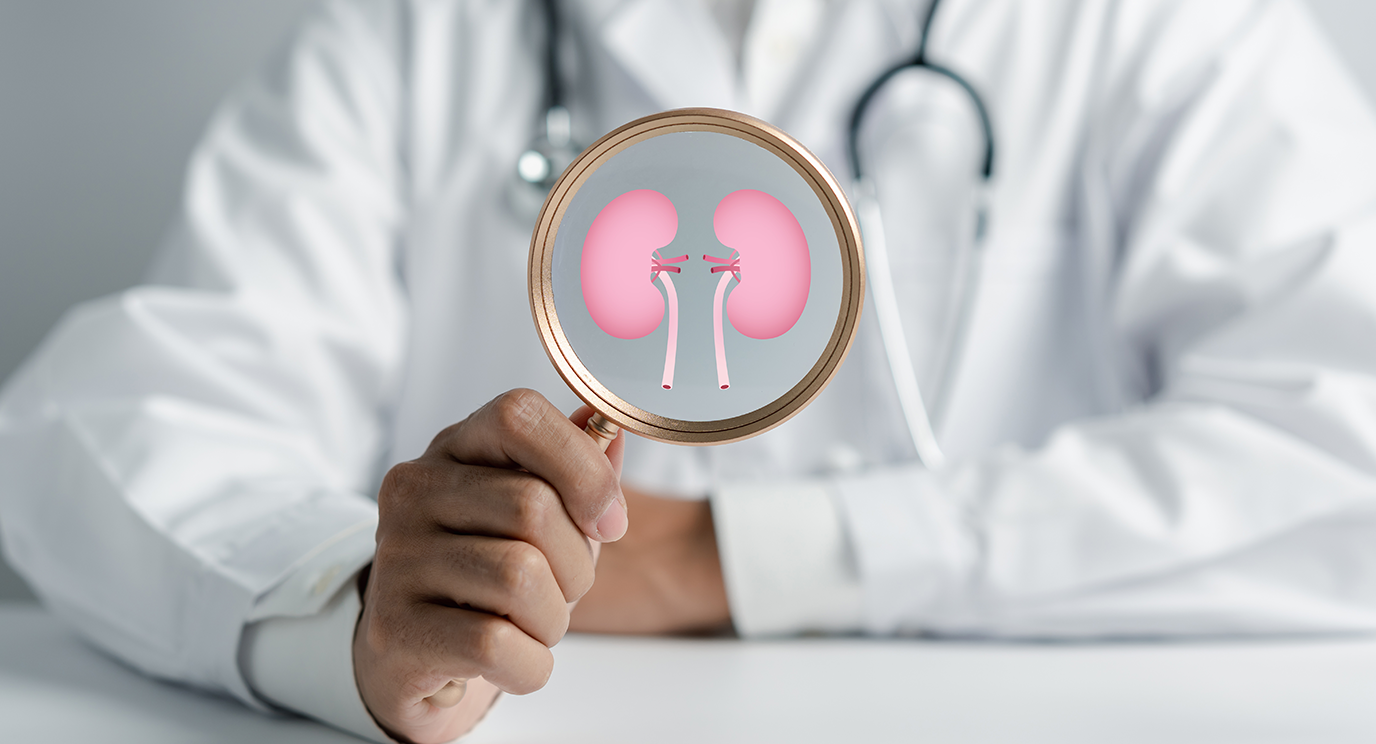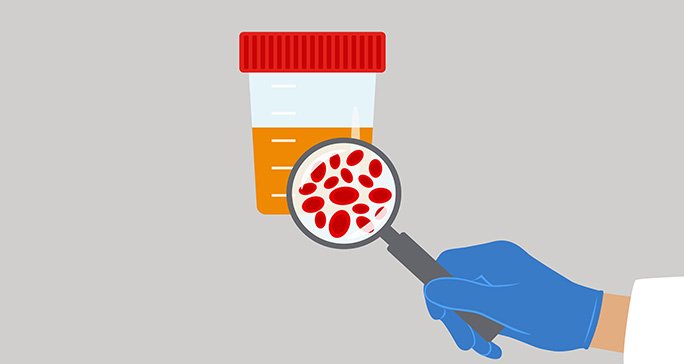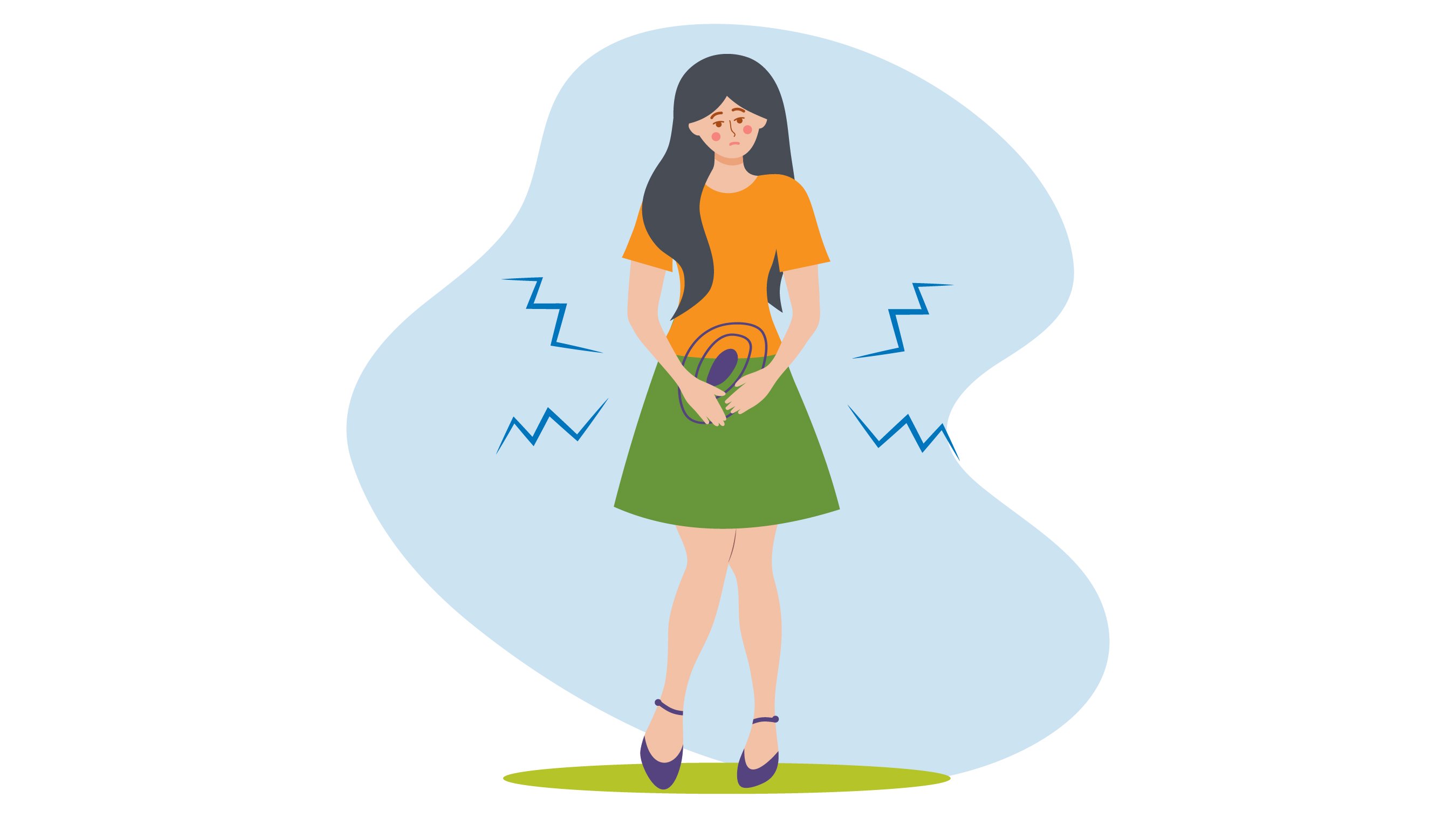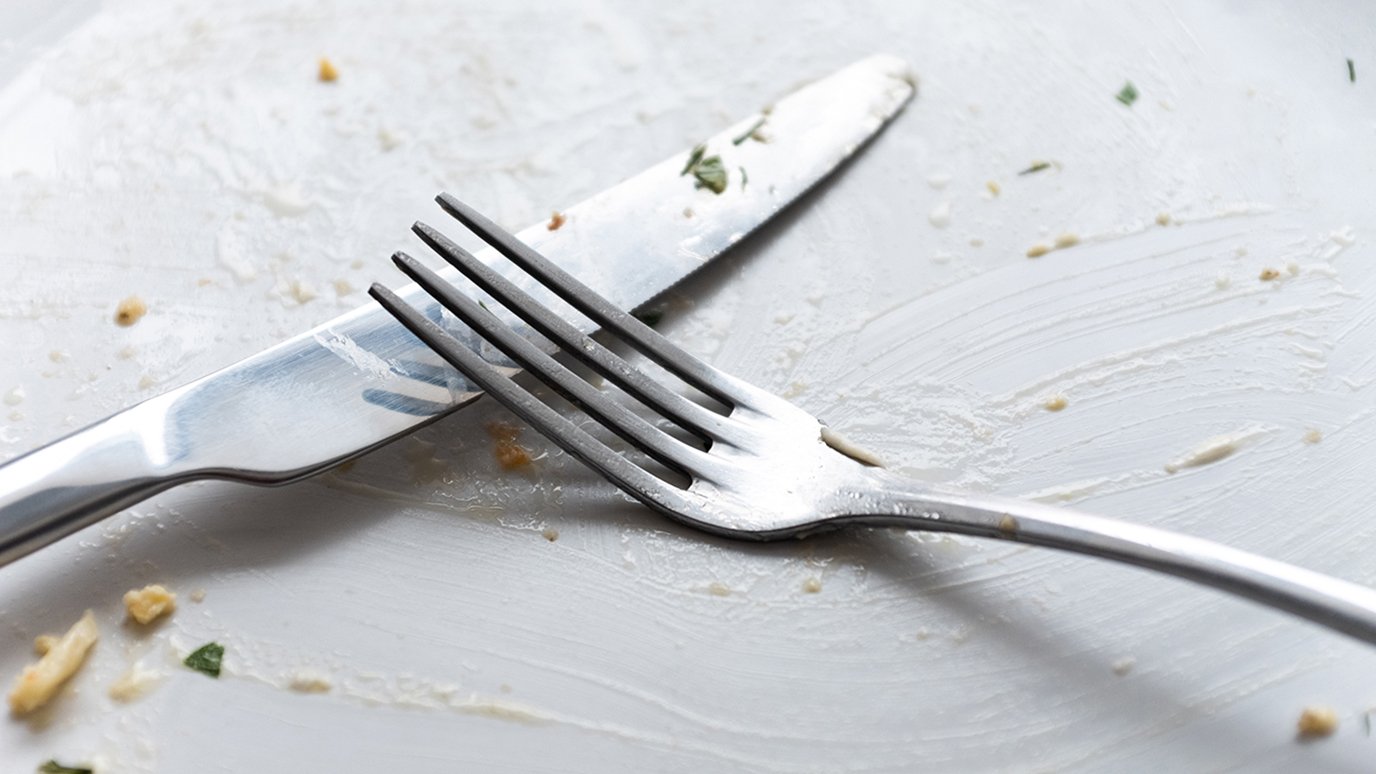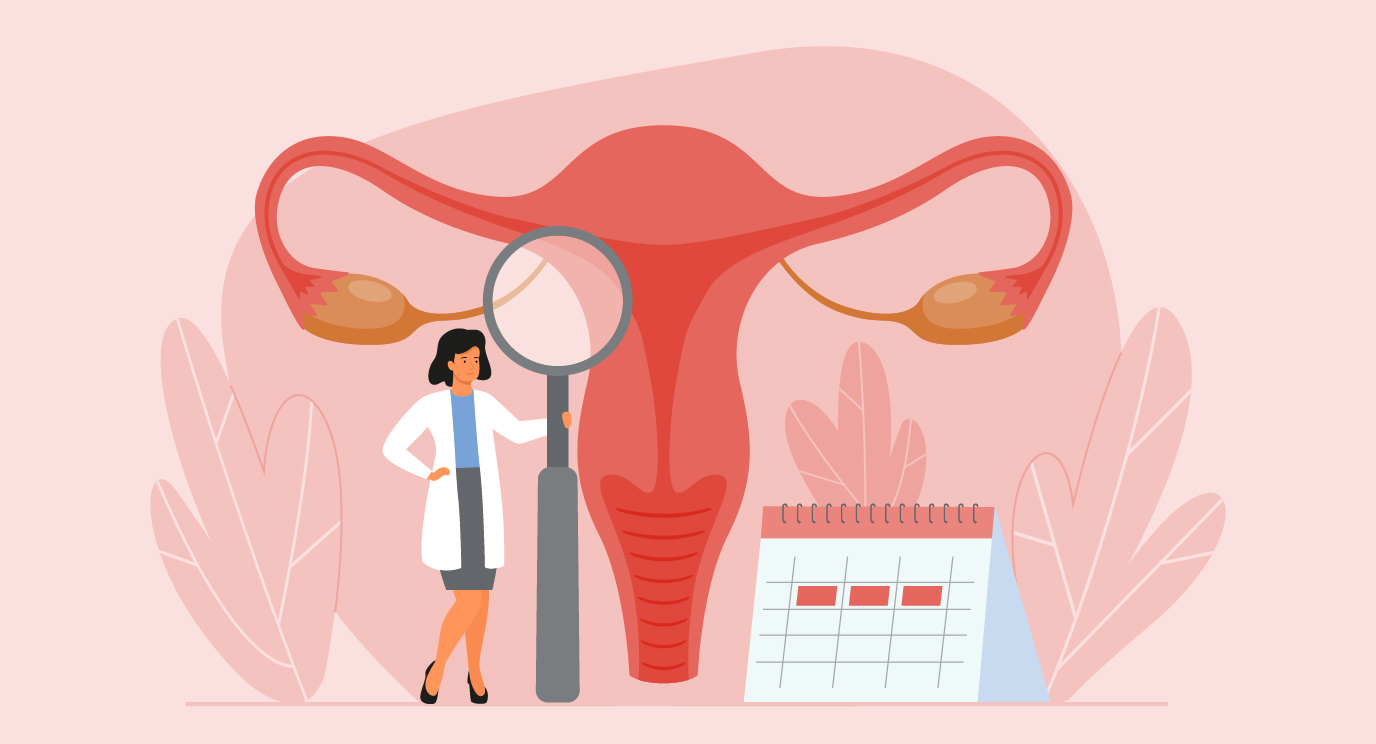- Diseases
- Acoustic Neuroma (16)
- Adrenal Gland Tumor (24)
- Anal Cancer (70)
- Anemia (2)
- Appendix Cancer (18)
- Bile Duct Cancer (26)
- Bladder Cancer (74)
- Brain Metastases (28)
- Brain Tumor (234)
- Breast Cancer (726)
- Breast Implant-Associated Anaplastic Large Cell Lymphoma (2)
- Cancer of Unknown Primary (4)
- Carcinoid Tumor (8)
- Cervical Cancer (164)
- Colon Cancer (168)
- Colorectal Cancer (118)
- Endocrine Tumor (4)
- Esophageal Cancer (44)
- Eye Cancer (36)
- Fallopian Tube Cancer (8)
- Germ Cell Tumor (4)
- Gestational Trophoblastic Disease (2)
- Head and Neck Cancer (14)
- Kidney Cancer (130)
- Leukemia (342)
- Liver Cancer (50)
- Lung Cancer (286)
- Lymphoma (278)
- Mesothelioma (14)
- Metastasis (30)
- Multiple Myeloma (100)
- Myelodysplastic Syndrome (60)
- Myeloproliferative Neoplasm (6)
- Neuroendocrine Tumors (16)
- Oral Cancer (102)
- Ovarian Cancer (178)
- Pancreatic Cancer (160)
- Parathyroid Disease (2)
- Penile Cancer (14)
- Pituitary Tumor (6)
- Prostate Cancer (150)
- Rectal Cancer (58)
- Renal Medullary Carcinoma (6)
- Salivary Gland Cancer (14)
- Sarcoma (238)
- Skin Cancer (300)
- Skull Base Tumors (56)
- Spinal Tumor (12)
- Stomach Cancer (66)
- Testicular Cancer (28)
- Throat Cancer (92)
- Thymoma (6)
- Thyroid Cancer (100)
- Tonsil Cancer (30)
- Uterine Cancer (86)
- Vaginal Cancer (18)
- Vulvar Cancer (22)
- Cancer Topic
- Adolescent and Young Adult Cancer Issues (22)
- Advance Care Planning (12)
- Biostatistics (2)
- Blood Donation (18)
- Bone Health (8)
- COVID-19 (360)
- Cancer Recurrence (120)
- Childhood Cancer Issues (120)
- Clinical Trials (628)
- Complementary Integrative Medicine (22)
- Cytogenetics (2)
- DNA Methylation (4)
- Diagnosis (238)
- Epigenetics (6)
- Fertility (62)
- Follow-up Guidelines (2)
- Health Disparities (14)
- Hereditary Cancer Syndromes (128)
- Immunology (18)
- Li-Fraumeni Syndrome (8)
- Mental Health (122)
- Molecular Diagnostics (8)
- Pain Management (62)
- Palliative Care (8)
- Pathology (10)
- Physical Therapy (18)
- Pregnancy (18)
- Prevention (936)
- Research (390)
- Second Opinion (78)
- Sexuality (16)
- Side Effects (616)
- Sleep Disorders (10)
- Stem Cell Transplantation Cellular Therapy (216)
- Support (408)
- Survivorship (328)
- Symptoms (182)
- Treatment (1788)
Understanding kidney pain: Common causes, symptoms and when to get checked out
3 minute read | Published September 16, 2024
Medically Reviewed | Last reviewed by an MD Anderson Cancer Center medical professional on September 16, 2024
Kidney cancers don’t generally cause pain in patients before diagnosis. That’s because the most common types of kidney cancer tend to grow very slowly, so they gently push other organs aside as they get larger.
But what does kidney cancer pain feel like? And what causes the rest of the sensations people often describe as “kidney pain?” Read on to find out.
Kidney cancer pain is dull, achy and persistent
Only about 10% of patients with kidney cancer report experiencing flank or abdominal pain as a symptom of the disease. When they do, it’s usually described as a dull, persistent ache that worsens over time, rather than a sudden, sharp pain.
That’s because the kidney capsule — or outermost layer of tissue covering the organ — is the part that contains the most nerve endings.
So, unless something like sudden bleeding within a tumor quickly stretches out the kidney capsule, there is no such thing as true kidney cancer pain. However, if a kidney tumor spreads to other organs such as the bone, it can sometimes cause bone pain.
Another reason patients might experience pain in the kidney area is when bleeding flows down a ureter and causes an obstruction there with clots. But I’ve seen patients with kidney tumors up to 25 cm (almost 10 inches) wide, and yet they report no pain.
Reasons for other types of ‘kidney’ pain
Pain in the abdomen or flank, on the other hand, can be attributed to many different causes, including several non-cancerous conditions. These include:
- Kidney stones
- Musculoskeletal problems
- Pyelonephritis: a urinary tract infection in the kidney
- Hydronephrosis: when a ureter is blocked by a kidney stone or pinched shut in some other way, causing a backup of urine
- Polycystic kidney disease: a genetic condition that causes both kidneys to become filled with innumerable cysts
- Renal vein thrombosis: a rare type of clot that can obstruct the flow of blood from the kidney
But kidney cancer pain is a very different type of pain from the kind people typically experience with any of these other conditions. The severe, sudden pain of a kidney stone passing, for instance, stems from the ureter being stretched out as the stone makes its way down that tube to the bladder.
When to get ‘kidney pain’ checked out
Unfortunately, no screening test currently exists for kidney cancer. So, there’s no blood test, urine test, or imaging scan we can do to detect it early in the average person. That’s why you should have any persistent pain in your abdomen or flank checked out by a physician for a formal diagnosis.
However, most bladder cancers are detected through blood in the urine. So, blood in the urine should absolutely not be ignored. And, anyone who experiences it should be evaluated by a urologist. Any blood in the urine should also be considered serious until proven otherwise.
José Karam, M.D., is a urologic surgeon specializing in kidney and other genitourinary cancers.
Request an appointment at MD Anderson online or call 1-877-632-6789.

It’s usually described as a dull, persistent ache.
José Karam, M.D.
Physician

